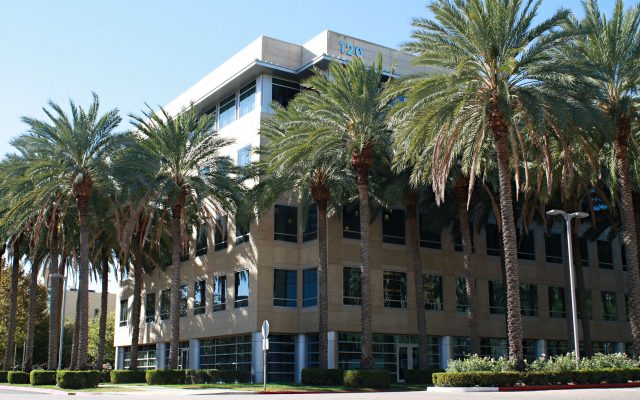Everyone experiences financial challenges at some point in their life. It can take a number of shapes, ranging from falling behind on bills to needing to choose between your house or your children’s education. In times like these, it’s understandable to get a little panicked about how you can get out from under debt, and as a bankruptcy lawyer from a firm like the Law Offices of Neil Crane can explain, sometimes you have to take drastic action.
Declaring bankruptcy is an appealing solution to serious financial troubles, but it’s not a decision that should be made lightly. While bankruptcy can help you get out of debt, it leaves a mark on your record and it may or may not involve liquidating your assets to pay off your creditors. While bankruptcy gives you short-term relief, it can become a major burden for you in the long run.
While declaring bankruptcy is a major decision, the right lawyer can help you make the right choice – and the right lawyer can also help you make your next steps. Read on to learn more about how bankruptcy can affect you, and the different types of bankruptcy you can consider if you’re experiencing overwhelming financial difficulties.
Types of Bankruptcy
You should be as informed as possible before choosing to declare bankruptcy. You may have heard of different chapters of bankruptcy, but what does that mean, and how many chapters are there?
Chapters denote the type of bankruptcy being filed by an individual or organization. There are six chapters in total, but fortunately (if you’re considering personal bankruptcy) the only two you should be concerned with are Chapter 7 and Chapter 13.
Chapter 7 Bankruptcy
Chapter 7 bankruptcy is commonly referred to as liquidation bankruptcy. When you file Chapter 7 bankruptcy, you get a clean slate, but there are major strings attached. Firstly, you’ll have to sell off your assets to satisfy your creditors. This means getting rid of secondary properties, heirlooms, collections, many more personal items you may have in your possession. There are certain items that are exempt (and a lawyer can fill you in on the details for your specific state), but when you hear “Chapter 7” you should immediately start thinking about liquidation.
Even after all this, Chapter 7 bankruptcy doesn’t give you a completely clean slate. It absolves your debts, but (like any other type of bankruptcy) it will stay on your record for years. This may make it hard for you to apply for loans and housing, and it may even affect your job prospects. You can expect your credit to take a major hit – and you should expect all the hardships that come with poor credit as well.
Chapter 13 Bankruptcy
Unlike Chapter 7 bankruptcy, Chapter 13 bankruptcy doesn’t require you to liquidate your assets. Instead, Chapter 13 bankruptcy is commonly known as reorganization bankruptcy. When you file Chapter 13 bankruptcy, you’re not getting rid of your assets: Instead, you’re coming up with a payment plan that will allow you to satisfy your creditors over an agreed-upon period of time.
Chapter 13 bankruptcy doesn’t give you the immediate satisfaction of Chapter 7 bankruptcy, but it allows you to hold on to assets. It may take a bit longer to get out from under debt when compared to Chapter 7 bankruptcy, but Chapter 13 allows you to hold on to the fruits of your hard work.
Reach out to a Bankruptcy Lawyer today
If you’re struggling with debt, bankruptcy might be your way out. Contact a bankruptcy lawyer today to learn more about how bankruptcy can help you.

